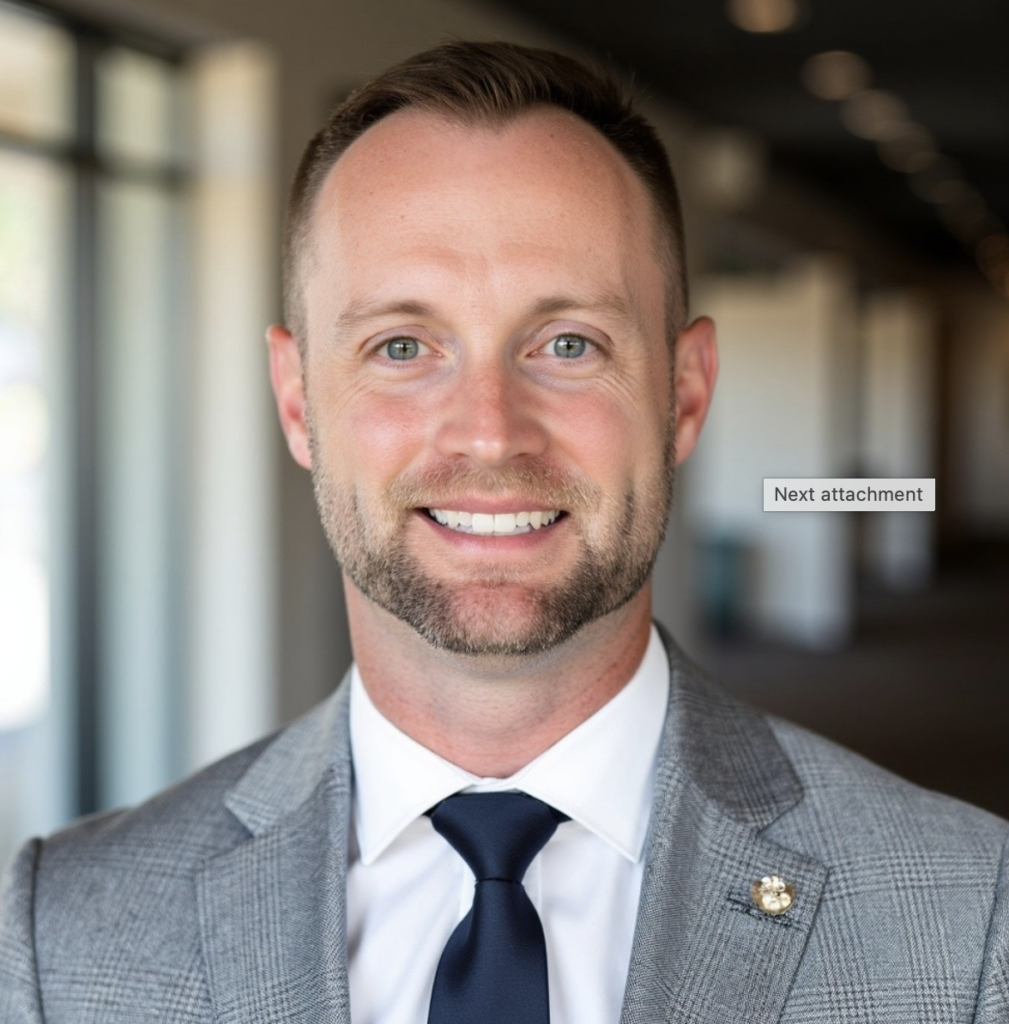Chattanooga State Students React to Cantanzaro Controversy
"That’s the administration that’s the back bone really is the faculty and staff, so when they move to vote a president out their sending a pretty strong statement," said student Wayne Gibson.
One of the big questions surrounds the hiring of Lisa Haynes as the Chief Innovations Officer. She makes a six-figure salary, but doesn’t have a college degree as the position and her work visa require. Faculty members have asked Cantanzaro for explanation on this hire but haven’t received the answers.
"If the job performance does not match what you would expect out of a qualified individual then yea, they deserve to have their questions answered," said Robert Barnett.
The students are concerned with the amount of focus being put on administration issues when it should be on the students.
"I think that it’s unfair to the students that that would be the focus. I also think that continuing to be a problem shows that the people who created this problem aren’t really focused on making the school about what it should be," said Barnett.
"It’s a great school and the focus should be on learning," Gibson said.
The vote from the faculty was sent for overview by the Tennessee Regents Board.
Catanzaro sent this statement to media and leaders Monday on the controversy:
Dear Friend,
Let me share with you my perspective on how this episode at Chattanooga State rose to such disruptive proportions.
I have a passion for our college and our community. I could tell you story after story of remarkable student achievement and college advancement. But first, let me share with you what is in national conversations today that is most relevant to us.
Unprecedented shifts are occurring in American higher education. The traditional funding model appears broken. Many are also questioning the value of a higher education. A national survey by the Lumina Foundation showed that only 11% of corporate leaders strongly believe colleges and universities are effectively preparing their graduates for the world of work.
Two things are clear to me: First, we in higher education must find new streams of revenue to relieve tax-payers, students and their families. And second, like many institutions across the U.S., we must become more aligned with business, industry and the professions.
I have worked diligently to position our college at the forefront of these initiatives. But therein lies the rub and the reason for such high-intensity faculty push-back.
Colleges are very traditional institutions, slow to change. My experience here, however, is that once change occurs and students progress as a result, then there is general acceptance.
This has been my history at Chattanooga State. We have been national leaders in corporate training since the early 90’s, uniquely serving TVA, then Dupont, then Volkswagen, and then receiving the coveted national Bellwether Award in 2013 for our partnership with Wacker Chemie. We were breaking new paths when we partnered with our school system to provide a Collegiate High School for bright, ambitious students, and a STEM High School for students wishing a head start in the sciences and technologies. We have been a national leader in moving math, developmental through Calculus III, to the highly successful Emporium Model. Actually, this program has become the basis of our SAILS bridge math initiative adopted and funded by Governor Haslam as key to his Drive to 55 and now in virtually every public high school in Tennessee. We were ranked highest among the state’s public higher education institutions in a wide range of performance funding measures in the 2013 review by the Tennessee Higher Education Commission.
I could easily go on with innovations now seen as bold achievements. Yet, when first initiated, each of these highly acclaimed and even award winning initiatives received push-back by some faculty.
So again, why the most recent campus outcry and what accounts for its intensity? I first thought it stemmed from the hiring and later increase in responsibility and compensation for our Chief Innovations Officer coupled with reduced faculty assignments in the summer based on state funding reductions and the federal government’s elimination of financial aid for summer studies. That is the way the press has reported it and the way it has been characterized by many on campus. Certainly, I didn’t do an adequate job of explaining these decisions internally or to the media; and, if I were to make these decisions again, they would come out differently.
As time has passed and I’ve spoken with many faculty and staff as well as colleagues nationally, I’ve come to see that the strong emotion behind this current push-back stems from deeper concerns, indeed fears experienced by faculty far and wide, fears that are legitimate. It’s fear that traditional teaching methods in wide use on our campus and across the nation will be replaced by self-paced, student-directed, project-based learning; and it’s fear that faculty themselves will be replaced — by coaches, mentors and technology. Fear, of course, drives exaggeration and rumor, ultimately resistance.
Change is disruptive and difficult for many to accept and adopt.
What am I doing to get our college back on message? I’m balancing my external focus with significant, permanent internal commitments. And I’m flattening our organization, with faculty and staff assistance, to encourage greater participation and transparency in decision making at all levels. Already under way is a professional compensation study of faculty and staff, soon to be complemented by an open review of pay for adjunct faculty. And I’m working diligently to help our college family embrace the changes we must make to meet the threats and take full advantage of the opportunities coming at us so we can challenge our students to achieve subject mastery and deliver world class training with our corporate partners.
Rhonda and I have appreciated so much the many expressions of encouragement and support. By this communication I hope I’ve shown you that your support is justified. Feel free to further this discussion. I remain open to your comments and questions.
Sincerely,
Jim Catanzaro





Leave a Reply